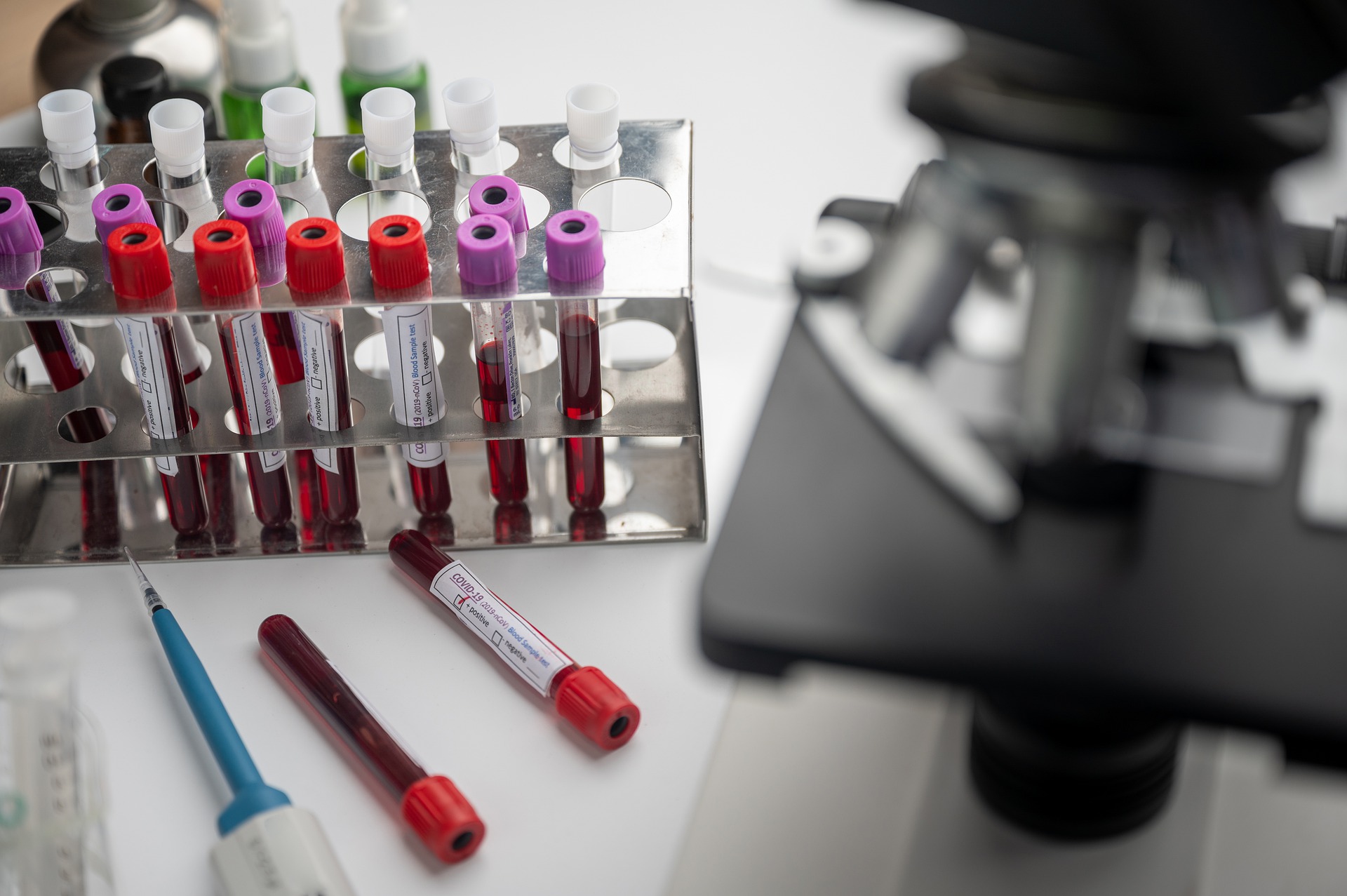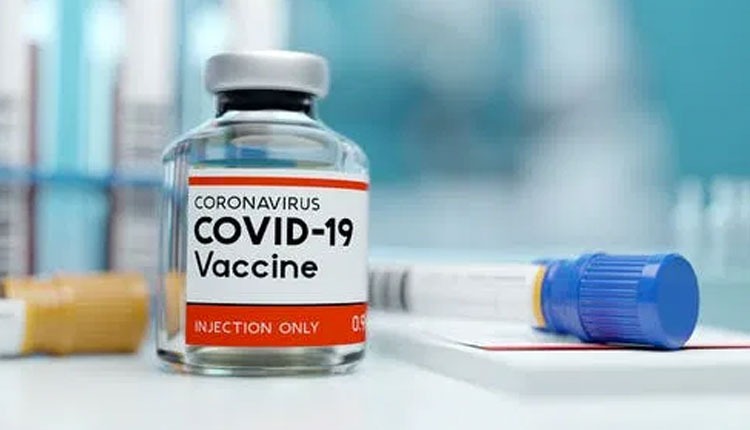On Sunday, The Serum Institute of India (SII) became the first indigenous company to apply to the Drugs Controller General of India (DCGI) seeking emergency use authorization (EUA) for the Oxford Covid-19 vaccine in the country, official sources said.
“As promised, before the end of 2020, @SerumInstIndia has applied for emergency use authorization for the first made-in-India vaccine, COVISHIELD. This will save countless lives, and I thank the Government of India and Sri @narendramodi Ji for their invaluable support” SII CEO Adar Poonawala tweeted.
As promised, before the end of 2020, @SerumInstIndia has applied for emergency use authorisation for the first made-in-India vaccine, COVISHIELD. This will save countless lives, and I thank the Government of India and Sri @narendramodi ji for their invaluable support.
— Adar Poonawalla (@adarpoonawalla) December 7, 2020
Before that, the Indian arm of US pharmaceutical giant Pfizer became the first to seek a similar approval from India’s drug regulator for its Covid-19 vaccine in the country, after securing similar clearances in the UK and Bahrain.
The phase-three clinical trial of the Oxford Covid-19 vaccine–Covishield, is being conducted by the Pune-based Serum Institute of India (SII), co-sponsored by the Indian Council of Medical Research (ICMR), in various parts of the country in addition to clinical studies being carried out by Oxford-AstraZeneca in the UK and Brazil.
In India, the regulatory authority is the Central Drugs Standard Control Organisation (CDSCO). Considering the extraordinary situation right now, CDSCO is also empowered to reduce the timeframe of vaccine trials and can also give emergency authorization.
What is Emergency Use Authorisation (EUA)?
It must be noted that vaccine development is a long process with multiple stages and most important of all is human trials. Regulatory authorities approve vaccines, medicines, diagnostic tests, and medical devices before they can be administered to people or used by medical professionals.
After assessing the safety and effectiveness of these vaccines, medicines, etc, based on data from trials authorities give their nod. Each and every phase of the trials has to be approved by the regulator.
For vaccines and medicines, approval is granted after an assessment of their safety and effectiveness, based on data from trials.
In emergency situations, like the current one, regulatory authorities around the world have developed mechanisms to grant interim approvals if there is sufficient evidence to suggest a medical product is safe and effective.
In the United States, the Food and Drug Administration (FDA) grants emergency use authorization (EUA) and a process has been laid out for the same.
US biotech firms Moderna and Pfizer have announced impressive early trial results from phase 3 trials and the latter has already submitted to the FDA for EUA.
What is the process of Emergency Use Authorisation in India?
Experts believe the process for receiving EUA is not clearly defined or consistent and India’s drug regulations do not have provisions for a EUA but despite all this, CDSCO has been granting emergency or restricted emergency approvals to Covid-19 drugs during this pandemic for remdesivir and favipiravir.
A senior government official earlier told The Indian Express that any company seeking to launch a vaccine approved elsewhere would have to conduct local trials to prove it is safe and effective on the Indian population.
According to a PTI report, Vaccine Task Force (VTF) will lay down the principles for emergency use authorization in India, and the National Expert Group On Vaccine Administration for Covid-19 (NEGVAC) will decide on vaccine pricing.
India’s existing legal framework, which includes the Epidemic Diseases Act, 2020; National Disaster Management Act, 2005; and New Drugs and Clinical Trial Rules, 2019; provides for granting authorization, officials aware of the developments said.
Based on phase two and three clinical trial results, the SII with the help of the ICMR will pursue early availability of the vaccine for India, the country’s apex health research body had said last month.
According to the ICMR, the SII has already manufactured 40 million doses of the vaccine under the at-risk manufacturing and stockpiling license is obtained from the DCGI.











